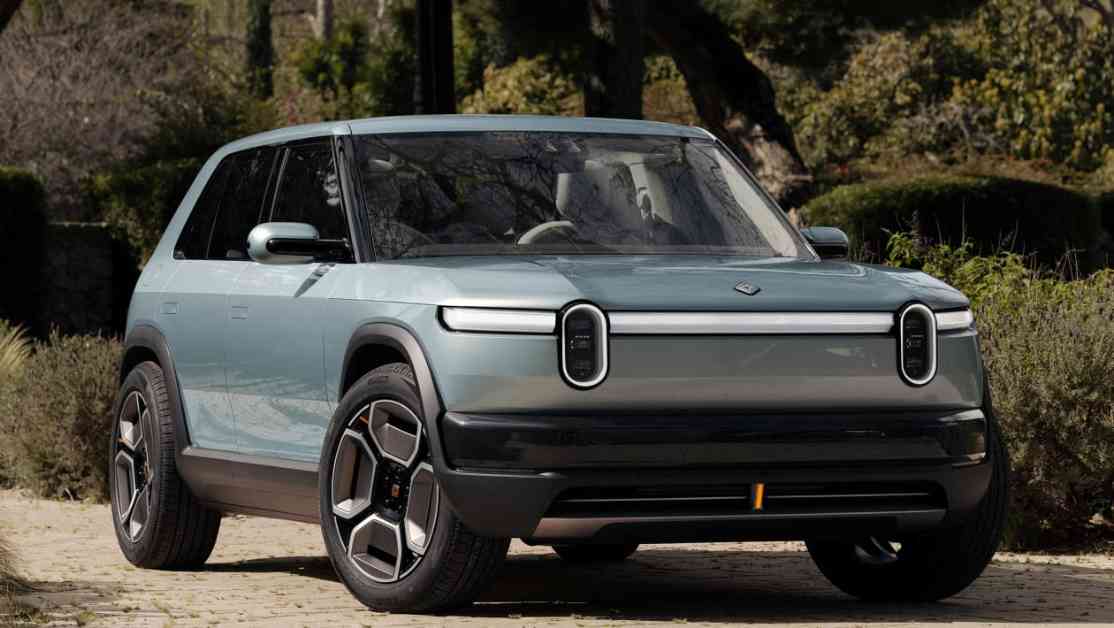Volkswagen Group and Rivian, an American electric vehicle start-up, have recently announced a partnership to collaborate on advanced software-first vehicles. This joint venture agreement will involve sharing technology to develop a new generation of software defined vehicle platforms.
As part of the deal, Volkswagen has committed to investing a total of $5 billion to gain access to Rivian’s advanced electric vehicle platform technology. Rivian is known for its integrated vehicle technology showcased in models like the R1S electric SUV and the EDV (Electric Delivery Van). By leveraging Rivian’s cutting-edge technology, Volkswagen aims to enhance its existing group products and introduce new cars or vans based on an all-new Software Defined Vehicle (SDV) platform in the coming years.
The collaboration between Rivian and Volkswagen not only accelerates software and platform development but also aims to reduce vehicle production costs. This is particularly crucial as the market sees an influx of lower-priced electric cars from China. Both companies are hopeful that by joining forces, they can bring innovative solutions to their vehicles faster and at a lower cost.
Volkswagen Group CEO, Oliver Blume, expressed his optimism about the partnership, stating that customers will benefit from the combined expertise of Volkswagen and Rivian in creating a leading technology architecture. Rivian’s founder and CEO, RJ Scaringe, emphasized the significance of the joint venture for Rivian’s growth plans and global market access for its EV technologies.
Rivian, founded in 2009, introduced its first production car in 2017, followed by models like the R1S SUV, R1T pick-up truck, and the Rivian EDV panel van. With the pending regulatory approval, the joint venture between Rivian and VW is expected to be finalized later in 2024.
In conclusion, the collaboration between Volkswagen and Rivian represents a significant step towards the development of advanced software-first vehicles. By combining their technological expertise and resources, both companies aim to bring innovative solutions to the market while reducing production costs. The future holds promising prospects for this joint venture as they work towards creating a new generation of electric vehicles.









